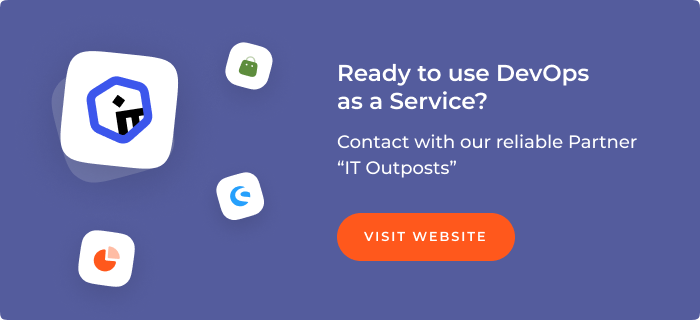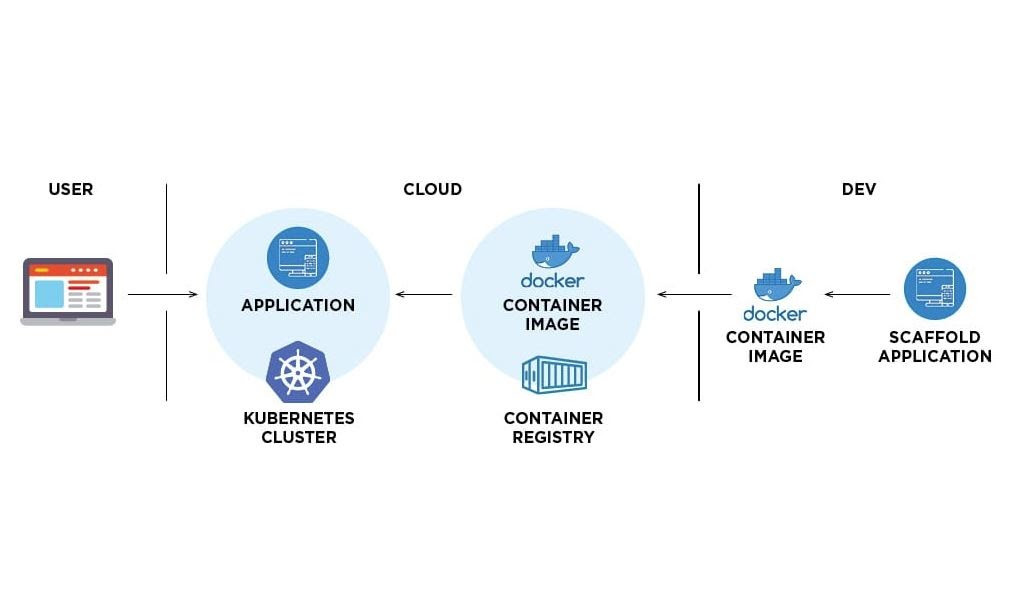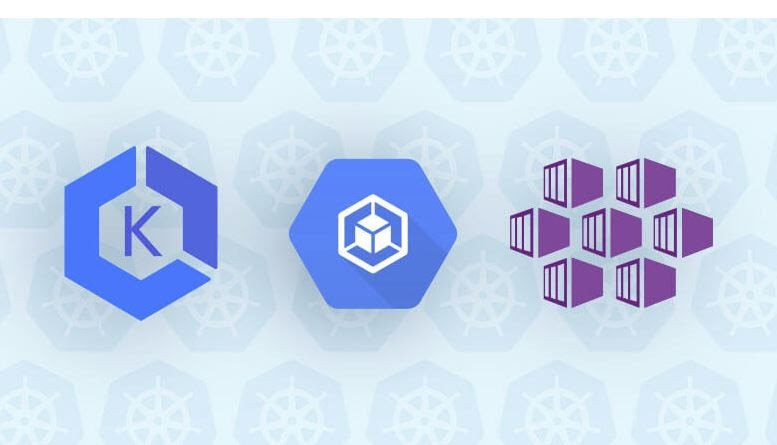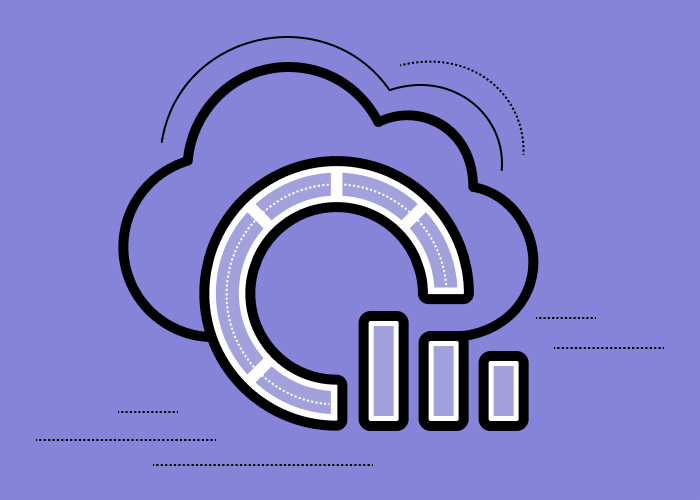Content
Comparative Analysis of Kubernetes Cloud Services
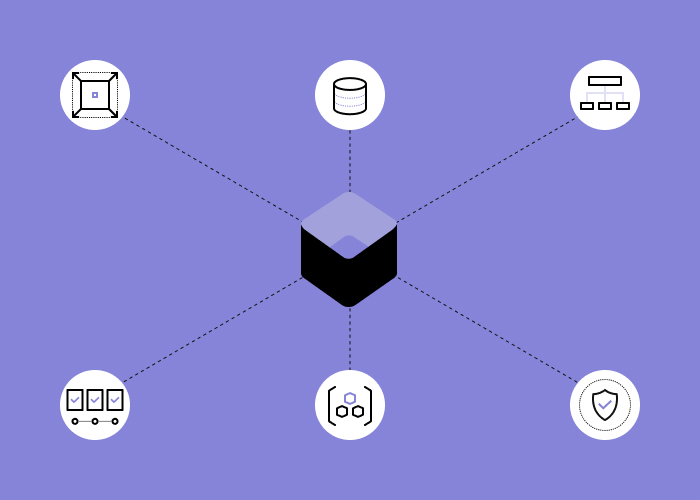
The cloud services have fundamentally changed the way businesses buy and deliver IT resources. K8s has changed the way IT teams use these resources. With its infrastructure-independent system, it maximizes the cloud environment’s efficiency.
K8s continues to lead as container orchestration, and that’s the reason why Kubernetes cloud services are so popular on the market. They manage to combine Docker and Kubernetes to deploy, scale, operate, automate, and check container apps.
In substance, Kubernetes is platform-independent. It allows you to freely switch from one cloud platform to another, as well as work in your infrastructure. But practice shows that the platform provider is chosen for specific services.
When choosing to host, you should consider more than the price. But before investing, it's important to know the parameters of each vendor. Standardization, refresh rate, recovery, scalability, and service mesh are critical. This will help to plan the associated costs and understand which proposal best suits them.
Top Kubernetes Cloud Service Providers
When scheduling containerized cloud workloads, consider whether you will be doing it on your own, using regular services, or if you need managed services. Doing it on your own gives you more control over the capabilities of your container environment. However, the use of standard cloud services can significantly reduce the time spent on maintaining these systems. Centralized management will make it more stable. Simply put, using managed services to run containerized workloads can give you more free engineering resources, so you can focus on another task.
The cloud provider concept is a module with an interface to run load balancers, nodes (i.e. hosts), and network routes. These are outstanding software platforms. They facilitate deployment and operate complete Kubernetes cloud environments. Many companies have chosen public cloud providers. Almost all enterprise workloads today are directed to the cloud.
The Best Cloud Services for Kubernetes
Many cloud providers support K8s, but among them, Amazon EKS, Google GKE, and Microsoft AKS are top ones.
They possess the advanced capabilities to run K8s architecture. The only difference hides in administrative infrastructure.
Image Source: a.thumbs.redditmedia.com
Google Cloud Platform and Google Cloud Kubernetes service
Since Kubernetes (K8s) is a project launched by Google, they became the pioneers who have come up with a hosted model. The formation share of all Kubernetes workloads is 33%.
GKE is a managed production-ready architecture. It’s effortless to build, boasts a smooth UX, and great integration into GCP. Moreover, it possesses outstanding SLA results for uptime. Technically you can call it an exclusive marketplace for app deployment. Gvisor and Istio service mesh present an additional reliability layer between containers run. Likewise, it has an on-premises submission for multi-cloud environments on committed machinery.
Amazon Elastic Container Service for Kubernetes (EKS)
The deployment share of EKS K8s workloads is 57%. EKS services interoperate with alternative AWS services, for example, CI / CD automatization pipelines. With the help of EKS, the user just worries about the machines, while the system operates with the master nodes.
Azure Kubernetes Service (AKS)
This service accounts for 16% of all K8s workload deployments. Microsoft has invested enough in AWS Kubernetes service in general and in AKS. It is deeply integrated into all of Microsoft's cloud services. This service allows you to run large sets of jobs with the help of containers on virtual machines dynamically provisioned instances. A striking AKS’ benefit is the virtual-kublet project that runs an integration with Azure Container Instances. ACI eliminates the obligation to allocate cluster nodes, what can become a huge burden when there is a highly variable load. If you prefer Microsoft and there’s no necessity in an extra cloud, then you should choose AKS.
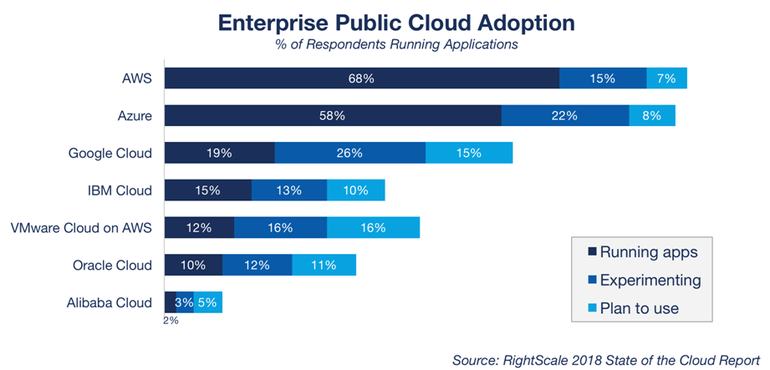
Image Source: zdnet1.cbsistatic.com
AWS vs. Azure vs. GCP: Hosted Kubernetes Compared
The Latest estimates claim that EKS usage has already grown by 37% and AKS by 31% during the last 6 months. GKE Kubernetes showed an even greater growth: over these six months, it increased by 75%.
Let's analyze and match the crucial characteristics of these providers.
Latest version
The latest version is currently available from GCP, adhered by AWS and Azure. These versions no longer receive official updates by default. But Google and Azure allow recently developed versions.
Automatic update
GKE allows cluster’s automatic updates, it detects and fixes nodes that turned up unhealthy. You can update AKS just with a single command. When a customer updates Amazon EKS, they only need to send a few commands.
CLI support
GKE and AKS offer full Kubernetes cluster backing through the CLI tool. EKS has limited support, which makes it difficult to automate without third-party tools. All platforms support the Kubectl utility of command-line interface.
Security and Monitoring
Azure Monitor from AKS and Monitoring from GKE has built-in maintenance for resources monitoring. EKS needs a sided product like Prometheus.
Node pools
Site pools ensure resource availability because the customers have the ability to specify service deployment on demand. AKS and Google Cloud offer host pool support, while Azure hasn't supplied such nodes groups in over a year. GKE and EKS offer the best safety level with built-in crucial services of management.
Networking
If you look at it from the side of the network, cloud computing services allow customers to impose network policy with the help of Calico. When we talk about loading balance, they integrate with certain resources and supply engineers with a wide choice of tools.
Autoscaling
Google has proven to be the best in autoscaling. It supports a great amount of nodes (5000). Every function is accessible and undemanding to configure. Moreover, with the help of Anthos you are able to deploy GKE right away. You just need to define the virtual machine’s size and the nodes’ range in the pool, leaving the rest to GKE. AWS requires little manual intervention. Azure announced auto-scaling, partly covered by support (not for production use).
High availability
On the overloaded market, only Google Cloud service grants high availability backing for work nodes. But it comes at a certain cost.
Pricing
EKS has so far been the only provider that has charged ($0.20 cluster/hour) besides the infrastructure you use. AKS charges extra fees for staging and testing clustered environments.
EKS, and Google Cloud Service Kubernetes, has recently stated that it will also charge a fee. So far, GKE and AKS prices are available. All providers provision a K8s cluster within twenty minutes at the same cost. If you need an SLA, then AWS (or Google) is the best choice for you.
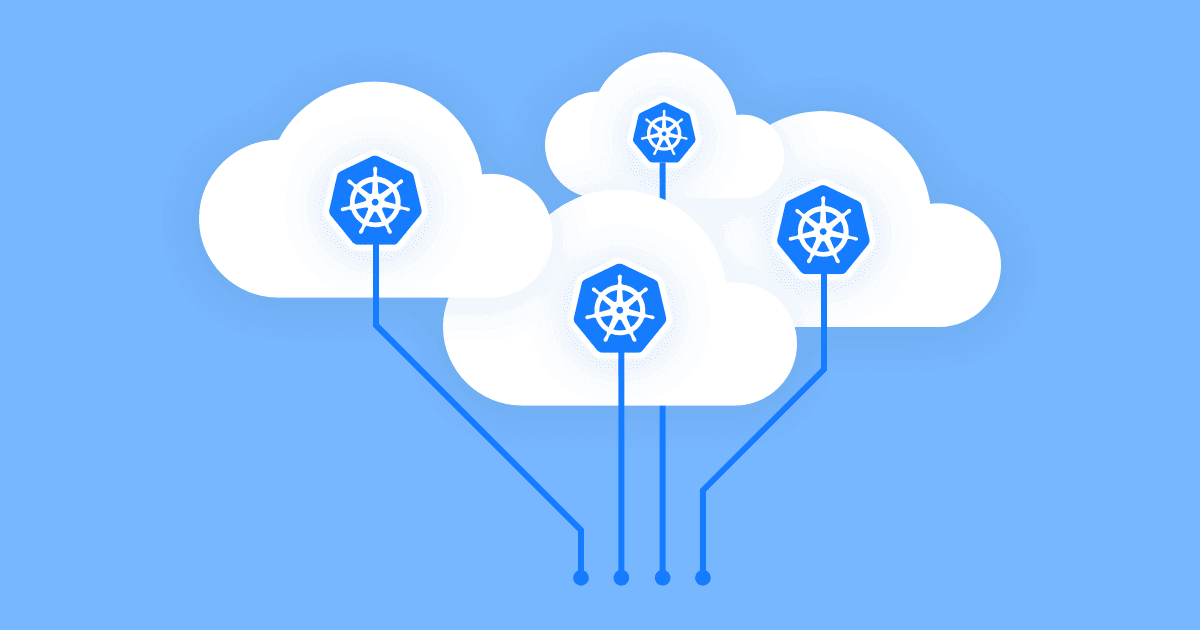
Image Source: cdn.presslabs.com
Also read:
DevOps Outsourcing for Startups and SMBs
Hire a DevOps Engineer
Hire a Google Cloud Developer
Conclusion
Due to the fact that most services offer a similar set of functions that change frequently, it’s really hard to choose one.
The first thing to consider is the choice of a cloud provider to do business with, and how much you want to control various infrastructure aspects.
Whether you are choosing a cloud computing service for corporate workloads or want to build an e-commerce site in Magento, our experience will come in handy.
Our company will help you speed up the adoption of cloud platforms. The Dinarys team integrates Kubernetes into your IT environment, providing customization and support for managed services. We will develop an optimal multi-cloud strategy that transfers your workloads and work environment to the cloud.
We know each service’s capabilities and can find a compromise between convenience, cost, and control. With our help, you can plan expenses and pay only for what is crucial for you.
Let professionals meet your challenge
Our certified specialists will find the most optimal solution for your business.

